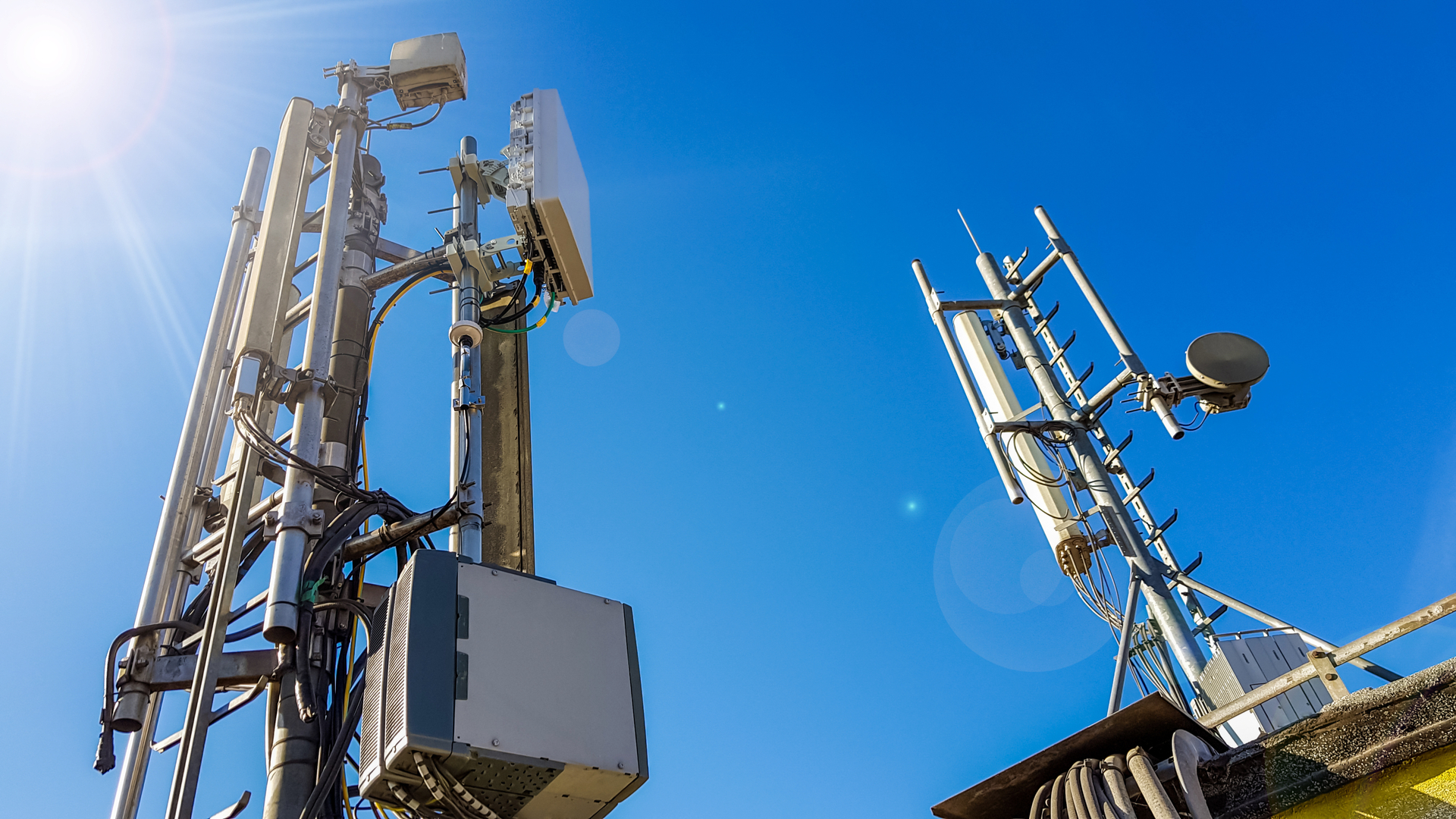Vodafone pushing rural 3G cause with 'open femtos'
Not-spot communities are to be encouraged to take part in Vodafone open-femto trials.


Vodafone is to ask 12 communities across the UK to try out outdoor femtocell technology to boost 3G coverage.
The communications provider announced an extension of its trial in the West Berkshire village of East Garston, which sought to improve connectivity as part of a project with BT.
Vodafone's announcement comes a day after Ofcom revealed 27 per cent of UK premises still can't access 3G, along with 87 per cent of the UK's total landmass.
Anything that increases mobile coverage is to be welcomed.
"Bringing mobile coverage to communities can make a huge difference to people's lives," said communications minister Ed Vaizey.
"That is why the Government has pledged 150m to extending mobile coverage. It is good to see Vodafone looking for innovative ways to bring mobile coverage to rural areas. Anything that increases mobile coverage is to be welcomed. I urge areas without mobile coverage to get involved and see if this trial is suitable for them."
Trials will commence in the first half of 2012 and will use 'open-femto' technology, which effectively places femtocells outdoors.
Sign up today and you will receive a free copy of our Future Focus 2025 report - the leading guidance on AI, cybersecurity and other IT challenges as per 700+ senior executives
In East Garston, Vodafone installed open-femtos in payphones, the local pub, the social club, the post office and outside the village hall. Soon, femtocells will be installed on Openreach's telephone poles.
Similar work will soon go ahead in the additional 12 trial areas
Vodafone has been working with Alcatel-Lucent in exploring ways to take its femtocell technology commercially known as Vodafone Sure Signal into areas where 3G connectivity is poor.
Local communities should lobby their MPs to be part of the trial, Vodafone told IT Pro. However, the mobile giant will be doing some work to determine which areas are worthy.
"We will be writing this week to MPs that have shown an interest in coverage and broadband roll out in rural areas asking them to help us draw up a list of possible candidates with the help of local communities," a spokesperson said.
"We will also be talking to Government to see how the BDUK projects could provide possible candidates. Obviously, we need 'not-spot' areas of no coverage but with broadband connectivity and suitable structures to locate the equipment and power. We should also look at a suitable spread of demographics to test usage."
Tom Brewster is currently an associate editor at Forbes and an award-winning journalist who covers cyber security, surveillance, and privacy. Starting his career at ITPro as a staff writer and working up to a senior staff writer role, Tom has been covering the tech industry for more than ten years and is considered one of the leading journalists in his specialism.
He is a proud alum of the University of Sheffield where he secured an undergraduate degree in English Literature before undertaking a certification from General Assembly in web development.
-
 Gender diversity improvements could be the key to tackling the UK's AI skills shortage
Gender diversity improvements could be the key to tackling the UK's AI skills shortageNews Encouraging more women to pursue tech careers could plug huge gaps in the AI workforce
-
 Researchers claim Salt Typhoon masterminds learned their trade at Cisco Network Academy
Researchers claim Salt Typhoon masterminds learned their trade at Cisco Network AcademyNews The Salt Typhoon hacker group has targeted telecoms operators and US National Guard networks in recent years
-
 Ofcom net neutrality update dismisses calls for big tech contributions
Ofcom net neutrality update dismisses calls for big tech contributionsNews Ofcom’s net neutrality stance has been criticized by some industry stakeholders
-
 Vodafone and Altice launch €7 billion joint venture in Germany
Vodafone and Altice launch €7 billion joint venture in GermanyNews The British telco currently offers connections to over 24 million homes in Germany, its biggest market
-
 UK 5G spectrum auction will finally go ahead this week
UK 5G spectrum auction will finally go ahead this weekNews The much awaited auction will involve companies bidding for frequency in two bands
-
 Vodafone to remove Huawei equipment from its core networks
Vodafone to remove Huawei equipment from its core networksNews The decision comes after PM capped Huawei’s involvement in building the UK’s 5G telecoms network
-
 The best 4G network
The best 4G networkIn-depth Every mobile provider offers 4G contracts, but which one is the best for you?
-
 Almost one million Brits still suffer with appalling broadband speeds, Ofcom report finds
Almost one million Brits still suffer with appalling broadband speeds, Ofcom report findsNews A new Ofcom report reveals a massive 925,000 people are still on downloads speeds of less than 10Mbps
-
 ISPs now have 30 days to fix net speeds or face null contracts
ISPs now have 30 days to fix net speeds or face null contractsNews Ofcom confirms customers will soon be able to walk away if their service dips
-
 More than a million UK properties don't have access to 'decent' broadband speeds
More than a million UK properties don't have access to 'decent' broadband speedsNews Ofcom's Connected Nations report finds broadband is still lacking across 4% of the UK
